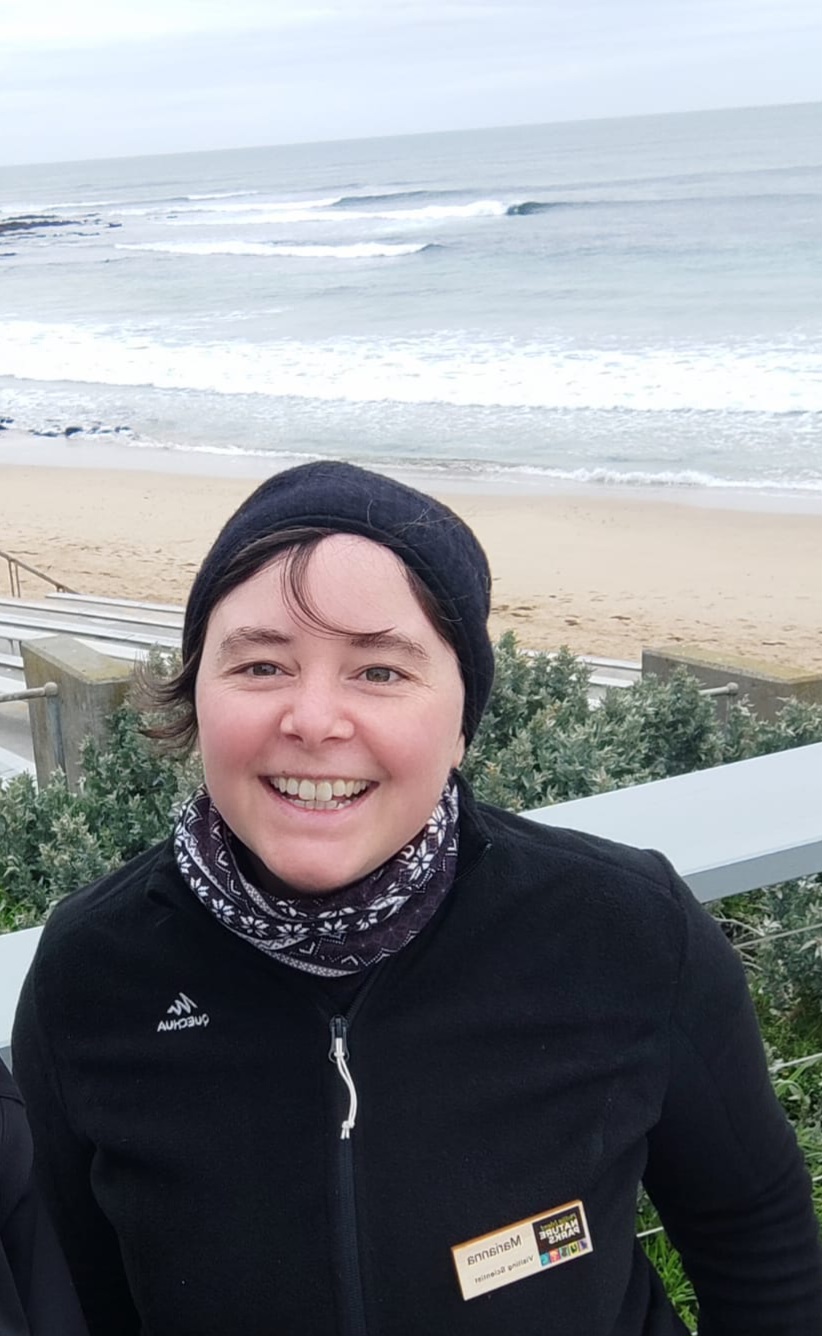Dr Marianna Chimienti
Lecturer

Overview
I am a quantitative ecologist, driven by a desire to advance the research fields of ecology, movement ecology, habitat conservation and species monitoring. I obtained my PhD at the University of Aberdeen, in Scotland, UK. The topic was to investigate the foraging behaviour of two species of diving seabirds: common guillemots (Uria aalge) and razorbills (Alca torda) during their breeding season. By using combined tracking data collected with GPS, Time Depth Recorders and Accelerometers I characterised their foraging strategies both below and above water, highlighting common behaviours, differences in movements and hunting strategies. Since my PhD I have worked with a variety of species, as Arctic and Northern Hemisphere seabirds, Arctic terrestrial mammals, Mediterranean marine turtles as well as Antarctic species! In general, I focus on research questions related to animal movement processes, their responses to environmental change and their link to population dynamics and life cycle strategies. I use biological data (e.g., accelerometers, GPS, or SRDLs devices) to understand how, where, when and why animals move. I love coding, modeling, I dive into statistical and individual based modeling (IBMs), but ask me to come out in the field with you, and I’ll be the happiest person on the planet! I am joining the School of Ocean Sciences at Bangor University as Lecturer in Marine Top Predators Ecology and I look forward to keep developing my research on the effects of changes in the availability of marine resources on energetics, fitness, behaviour, decision making and habitat use of marine predators.
Education / academic qualifications
- 2017 - PhD , "Foraging strategies of diving seabirds across scales: the use of high frequency tracking data to reveal movement decisions in dynamic environments."
Research outputs (12)
- Published
Energy expenditure of Adélie penguins during the breeding season: females pay the cost in years of low food availability
Research output: Contribution to journal › Article › peer-review
- Published
Innovative Use of Depth Data to Estimate Energy Intake and Expenditure in Adélie Penguins
Research output: Contribution to journal › Article › peer-review
Identifying prey capture events of a free-ranging marine predator using bio-logger data and deep learning
Research output: Contribution to journal › Article › peer-review

